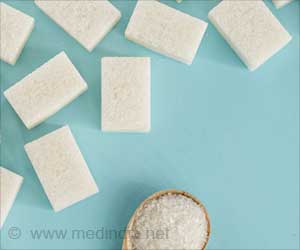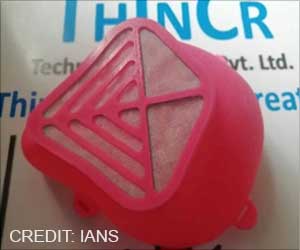Previous studies have shown that artificial sweeteners can change the number and type of bacteria in the gut, but this new study led by academics from Anglia Ruskin University (ARU) demonstrated that sweeteners can also make the bacteria pathogenic.
‘Artificial sweeteners could cause gut bacteria to invade the intestine, leading to infection and sepsis.’
E. faecalis is a bacterium that cross the intestinal wall to enter the blood stream and congregate in the lymph nodes, liver, and spleen, causing a number of infections including septicaemia.
this study shows that concentration equivalent to two cans of diet soft drink containing all three artificial sweeteners increased the adhesion of both E. coli and E. faecalis to intestinal Caco-2 cells, and differentially increased the formation of biofilms.
Bacteria growing in biofilms are less sensitive to antimicrobial resistance treatment and are more likely to secrete toxins and express virulence factors, which are molecules that can cause disease.
All three sweeteners also helped the pathogenic gut bacteria to invade Caco-2 cells found in the wall of the intestine, with the exception of saccharin which had no significant effect on E. coli invasion.
Senior author of the paper Dr Havovi Chichger, Senior Lecturer in Biomedical Science at Anglia Ruskin University (ARU), said: “There is a lot of concern about the consumption of artificial sweeteners, with some studies showing that sweeteners can affect the layer of bacteria which support the gut, known as the gut microbiota.
Overconsumption of sugar is a major factor in the development of conditions such as obesity and diabetes is known well. Even our knowledge about sweeteners versus sugars in the diet also need to be increased for better understanding the impact on our health.
Source: Medindia



